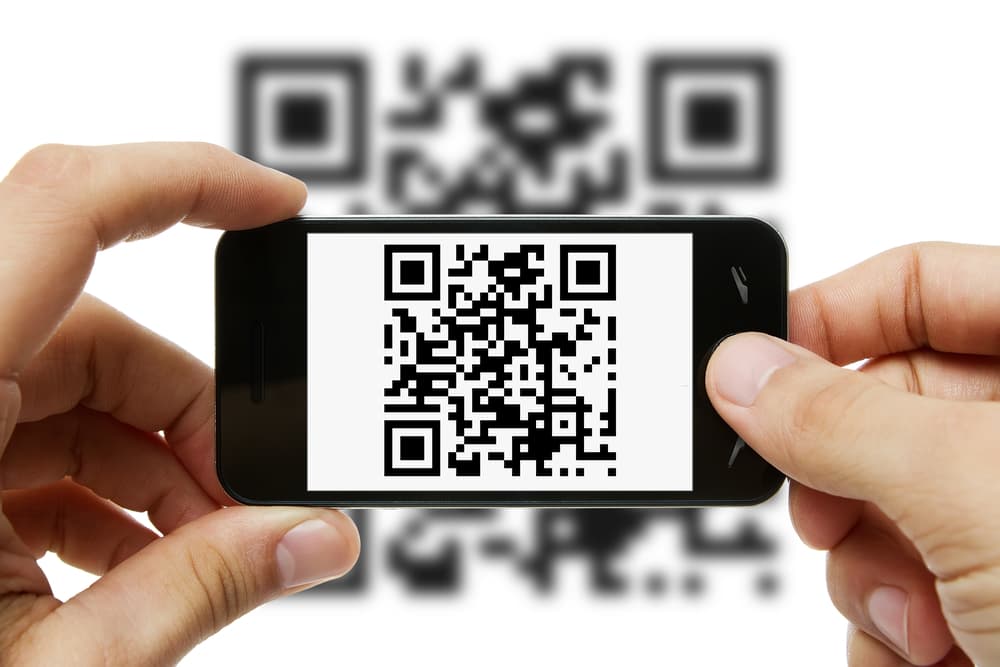NPCI’s New UPI ‘ICD’ For Cash Deposits At ATMs: Key Things To Know
By removing the need for a physical card, UPI-ICD makes cash deposits more accessible, particularly for those who may not always have their card handy
By removing the need for a physical card, UPI-ICD makes cash deposits more accessible, particularly for those who may not always have their card handy

Cash Withdrawals Without A Debit Card
Advertisement
Imagine walking up to an ATM to deposit cash, but instead of reaching for your wallet and fumbling for your debit card, you simply tap a few buttons on your phone. With just your mobile number linked to the Unified Payments Interface (UPI), virtual payment addresses (VPA), and account IFSCs, you can deposit cash directly into your bank account or even someone else’s. This is not a futuristic scenario, but it will soon become a new reality with the help of the UPI Interoperable Cash Deposit (UPI-ICD) feature.
Unveiled on 29 August at the Global Fintech Fest 2024, the UPI-ICD is set to transform the way we handle cash deposits at ATMs across India. Announced by the National Payments Corporation of India (NPCI) and the Reserve Bank of India (RBI), this feature puts convenience at the heart of banking, ensuring that anyone with access to an ATM can deposit cash without the hassle of a physical card.
Advertisement
Read More: EPFO To Send Transaction Alerts When EPF Contributions Are Deducted From Salary
What is UPI-ICD?
Advertisement
For years, depositing cash at an ATM has been a process tied to your debit card – a necessary but sometimes cumbersome task, especially when you are in a hurry or may have forgotten to carry your card. But UPI-ICD would change all of that by leveraging the power of UPI, a platform that has already revolutionised how we make digital payments.
UPI-ICD is a feature that would allow customers to deposit cash into their own bank account or any other bank account using the UPI at ATMs operated by banks and white-label ATM operators (WLAOs). This eliminates the need for a physical card, enabling customers to deposit cash through cash recycler machines – advanced ATMs designed to handle both deposits and withdrawals.
Read More: Know How NCPI’s New ‘UPI Circle’ Eases Online Payment For You
How do you use UPI-ICD?
Find a Suitable ATM: First, locate an ATM that supports UPI-ICD, specifically those with cash recycler machines capable of handling both deposits and withdrawals.
Initiate the Deposit: Once at the ATM, choose the cash deposit option from the screen.
Enter Mobile Number or VPA: Instead of inserting a card, you simply enter your mobile number linked to UPI, a VPA, or your bank account’s IFSC code.
Deposit Your Cash: Insert the cash into the machine, which then credits the amount to your selected bank account.
This process is not just easier but would be smarter as well. By removing the need for a physical card, UPI-ICD makes cash deposits more accessible, particularly for those who may not always have their card handy.
Looking Ahead
An official release by NPCI informed consumers that they will be able to access these features as the banks gradually roll them out in the future.
Since it is no longer a chore tied to physical cards, depositing cash would become as easy as sending a text message or making a digital payment.
In the broader context, UPI-ICD is part of a larger initiative to enhance India’s ATM infrastructure. The aim is to make ATMs more than just cash dispensers; with this feature, they are evolving into versatile banking hubs that offer a wide range of services at the touch of a button.
“ATM machines with open architecture can host bank apps, positioning them as DBUs offering cash deposits, withdrawals, and other banking services such as opening bank accounts, applying for credit cards, initiating fixed deposits, applying for safe deposit lockers, etc.,” the NPCI stated.
The future of banking is here, and with UPI-ICD, it is set to be more accessible than ever. Whether you’re a tech-savvy user or someone who prefers the simplicity of cash, this new feature would make cash deposits – easy, convenient, and, above all, user-centric.
Advertisement
In its monetary policy committee meeting (MPC), the Reserve Bank of India (RBI) decided to increase the UPI transaction limits for tax payments to Rs 5 lakh.
With the rise in cyber frauds, safeguarding customers against potential risks necessitates strengthening data security and checks.
The World Economic Forum (WEF) released a white paper to bring notice to the aging population worldwide and what could be done to create a supportive system for the elderly
Get all the latest stories delivered to your inbox
Advertisement
Get all the latest stories delivered to your inbox